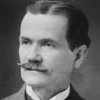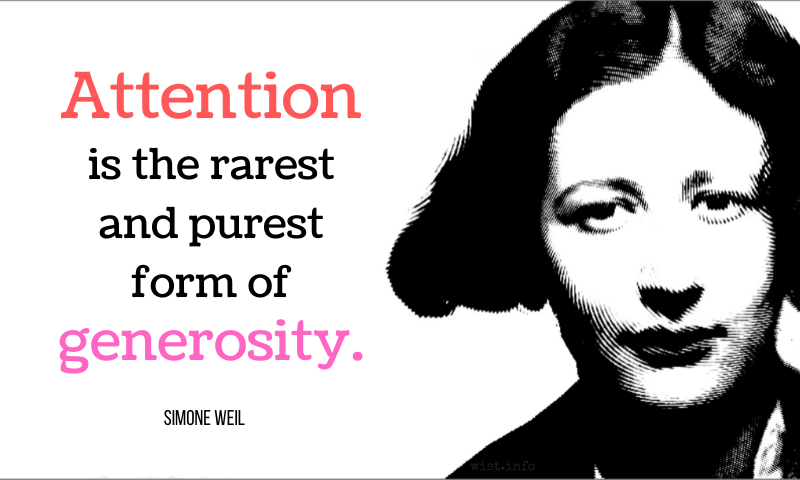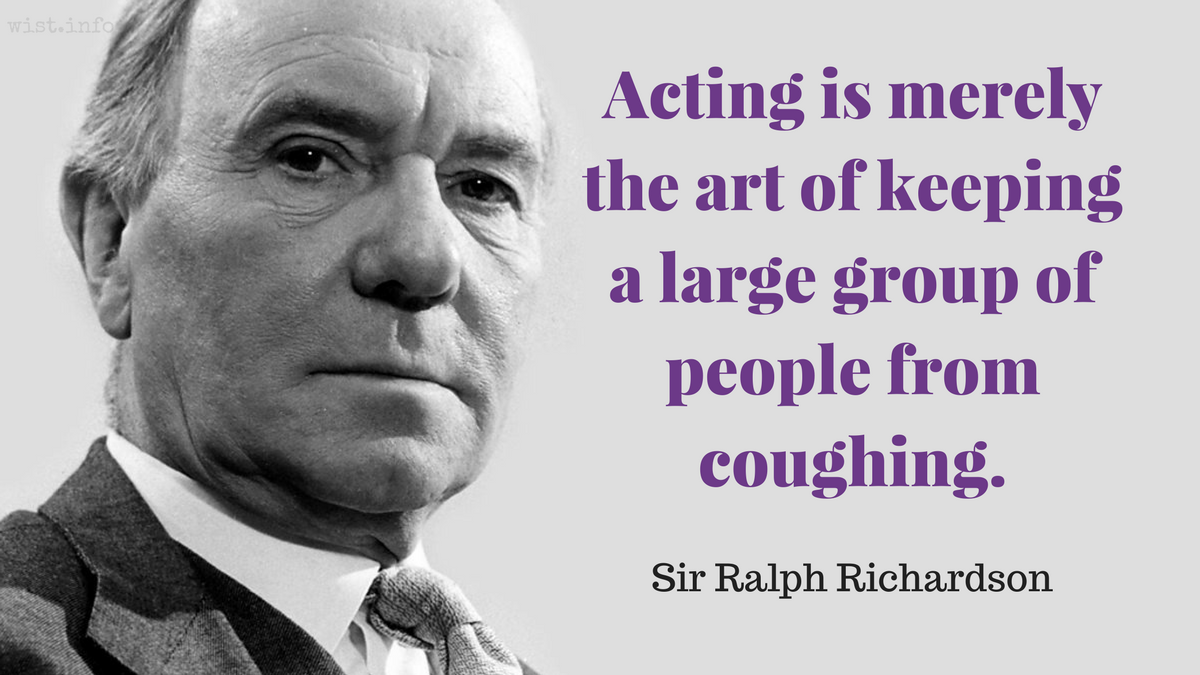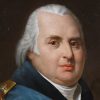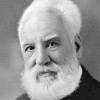Husbands are like fires. They go out when unattended.
Zsa Zsa Gabor (1917-2016) Hungarian-American actress, socialite [b. Sári Gábor]
Quoted in Newsweek (1960-03-28)
(Source)
Quotations about:
attention
Note not all quotations have been tagged, so Search may find additional quotes on this topic.
You have reached the pinnacle of success as soon as you become uninterested in money, compliments, or publicity.
Orlando A. Battista (1917-1995) Canadian-American chemist, aphorist
Quotoons: A Speaker’s Dictionary, No. 3962 (1977 ed.)
(Source)
Often misattributed to Thomas Wolfe. More discussion about the origin of quotation: You Have Reached the Pinnacle of Success as Soon as You Become Uninterested in Money, Compliments, or Publicity – Quote Investigator®.
Conversation, as I know it, is like juggling; up go the balls and the balloons and the plates, up and over, in and out, spinning and leaping, good solid objects that glitter in the footlights and fall with a bang if you miss them.
Evelyn Waugh (1903-1966) English novelist
Brideshead Revisited, Book 1, ch. 2 [Anthony Blanche] (1945)
(Source)
I feel that art has something to do with the achievement of stillness in the midst of chaos. A stillness that characterizes prayer, too, and the eye of the storm. I think that art has something to do with an arrest of attention in the midst of distraction.
If you keep your eyes so fixed on Heaven that you never look at the Earth, you will stumble into Hell.
Austin O'Malley (1858-1932) American ophthalmologist, professor of literature, aphorist
Keystones of Thought (1914)
(Source)
Few bothersome things are important enough to bother with. It is folly to take to heart what you should turn your back on. Many things that were something are nothing if left alone, and others that were nothing turn into much because we pay attention to them.
[Pocas cosas de enfado se han de tomar de propósito, que sería empeñarse sin él. Es trocar los puntos tomar a pechos lo que se ha de echar a las espaldas. Muchas cosas que eran algo, dejándolas, fueron nada; y otras que eran nada, por haber hecho caso de ellas, fueron mucho.]Baltasar Gracián y Morales (1601-1658) Spanish Jesuit priest, writer, philosopher
The Art of Worldly Wisdom [Oráculo Manual y Arte de Prudencia], § 121 (1647) [tr. Maurer (1992)]
(Source)
(Source (Spanish)). Alternate translations:
Few of those things that occasion trouble, are to be minded: else we shall torment our selves much in vain. It's to act the clean contrary way, to lay that to heart, which we should throw behind our backs. Many things that were of some consequence, have signified nothing at all, because men troubled not themselves about them; and others which signified nothing, have become matters of importance, because of the value that was put upon them.
[Flesher ed. (1685)]
Troublesome things must not be taken too seriously if they can be avoided. It is preposterous to take to heart that which you should throw over your shoulders. Much that would be something has become nothing by being left alone and what was nothing has become of consequence by being made much of.
[tr. Jacobs (1892)]
To convert petty annoyances into matters of importance, is to become seriously involved in nothing. It is to miss the point, to carry on the chest what has been cast from the shoulders. Many things which were something, by being left alone became nothing; and others which were nothing, became much because messed into.
[tr. Fischer (1937)]
The great wisdom traditions of the world all recognize that the main impediment to living a life of meaning is being self-absorbed.
Barbara Brown Taylor (b. 1951) American minister, academic, author
An Altar in the World, ch. 6 (2009)
(Source)
Not listening is probably the commonest unkindness of married life, and one that creates — more devastatingly than an eternity of forgotten birthdays and misguided Christmas gifts — an atmosphere of not loving and not caring.
A man is fit for neither business nor pleasure, who either cannot, or does not, command and direct his attenti0on to the present object, and, in some degree, banish for that time all other objects from his thoughts. If at a ball, a supper, or a party of pleasure, a man were to be solving, in his own mind, a problem in Euclid, he would be a very bad companion, and make a very poor figure in that company; or if, in studying a problem in his closet, he were to think of a minuet, I am apt to believe that he would make a very poor mathematician. There is time enough for everything in the course of the day, if you do but one thing at once; but there is not time enough in the year, if you will do two things at a time.
Lord Chesterfield (1694-1773) English statesman, wit [Philip Dormer Stanhope]
Letter to his son, #121 (14 Apr 1747)
(Source)
I hate to be a kicker,
I always long for peace,
But the wheel that does the squeaking,
Is the one that gets the grease.Josh Billings (1818-1885) American humorist, aphorist [pseud. of Henry Wheeler Shaw]
“The Kicker” (c. 1870)
A "kicker" was idiom in the era for a complainer. This is a common citation for the origin of "the squeaky wheel gets the grease," but the existence of such a poem has never been verified. The earliest documented version of the phrase is in the Wall Street Journal (20 May 1910): "The wheel that squeaks the loudest / Is the wheel that gets the grease." The metaphor itself can be found in various versions back to at least the 15th Century.
The moment one gives close attention to anything, even a blade of grass, it becomes a mysterious, awesome, indescribably magnified world in itself.
Henry Miller (1891-1980) American novelist
Plexus, ch. 2 (1953)
(Source)
Sometimes misquoted as "magnificent world".
Acting is merely the art of keeping a large group of people from coughing.
There cannot be mental atrophy in any person who continues to observe, to remember what he observes, and to seek answers for his unceasing hows and whys about things.
You will find that he takes care never to say or do anything, that can be construed into a slight, or a negligence; or that can, in any degree, mortify people’s vanity and self-love; on the contrary, you will perceive that he makes people pleased with him by making them first pleased with themselves: he shows respect, regard, esteem and attention, where they are severally proper: he sows them with care, and he reaps them in plenty.
Lord Chesterfield (1694-1773) English statesman, wit [Philip Dormer Stanhope]
Letter to his son, #214 (18 Jan 1750)
(Source)
On a proper role model to imitate.
Great merit, or great failings, will make you be respected or despised; but trifles, little attentions, mere nothings, either done or neglected, will make you either liked or disliked, in the general run of the world.
Lord Chesterfield (1694-1773) English statesman, wit [Philip Dormer Stanhope]
Letter to his son, #187 (20 Jul 1749)
(Source)
Anger and jealousy can no more bear to lose sight of their objects than love.
George Eliot (1819-1880) English novelist [pseud. of Mary Ann Evans]
The Mill on the Floss (1860)
(Source)
PEMBROKE: And oftentimes excusing of a fault
Doth make the fault the worse by th’ excuse,
As patches set upon a little breach
Discredit more in hiding of the fault
Than did the fault before it was so patched.William Shakespeare (1564-1616) English dramatist and poet
King John, Act 4, sc. 2, l. 30ff (4.2.30-34) (1596)
(Source)
Trifles make perfection, and perfection is no trifle.
Michelangelo (1475-1564) Italian artist, architect, poet [Michelangelo di Lodovico Buonarroti Simoni]
(Attributed)
The first appearance of this attribution is in C. C. Colton, Lacon: Or, Many Things in Few Words, Vol. 1, § 168 (1820), with no citation as to where he found it (if he did not make it up himself).




